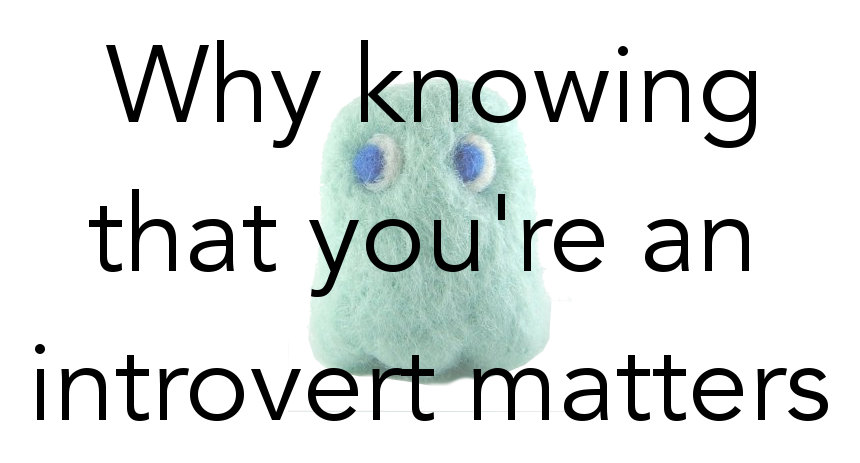Search for the word “introvert” on Twitter and it’s likely you’ll come across a tweet declaring that the terms introvert and extrovert are meaningless. Forget labels, some tweets say, you’re a person and that’s all that matters. I disagree.
The society I live in behaves as if extroversion is the default personality. Why are coworkers criticized when they always eat lunch alone, but not when they always eat lunch with another person? There’s an assumption that even when it comes to our mid-day break we’re weird if we don’t want to spend it in the company of another person.
Now I agree that labels can be problematic, that if leaned on too heavily they can start to limit a person’s happiness and life. But labels also have the capacity to tell us that we’re not alone. That we’re part of a group. We’re not weird or broken. The word introvert means hey, there’s others like you.
“Labels have the capacity to tell us that we’re not alone. That we’re part of a group.”(Click to Tweet)
Labels also help because they allow you to find and understand helpful patterns in your life. A person might attend three parties in one weekend and wonder why they feel so tired. Without the word introvert it’s easy for a person to assume they won’t like any parties ever instead of knowing that they just need alone down-time in between parties order to recharge.
Once someone knows they are an introvert it’s easier to come up with solutions to certain problems. For instance, Susan Cain, in an interview with Marie Forleo which you can watch below, suggests a quota system when it comes to networking events. “[C]ome up with a quota system where you decide to go to these networking events once a week, or six times a month—you pick whatever feels reasonable for you. And you don’t have to agonize night after night to decide what to do.” For introverts who “agonize” about the pressure to socialize having the label introvert and knowing what it means can help to understand why we are different and what we can do to be happy.

